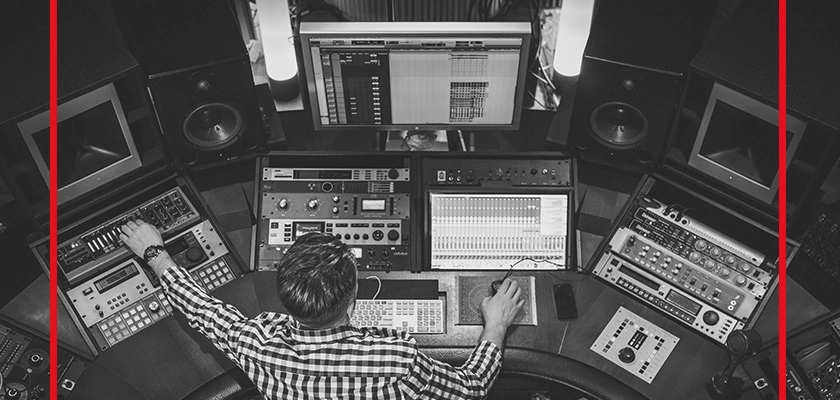Funding Your Own Music Business
Once you determine the goal and mission of the music business you want to start, how do you fund it? Learn more about funding through grants, corporate funding, or ticket sales in this article.

Once you have figured out what type of music business you want to have, who you want to serve, and who is joining you in your venture, you need to find ways to pay for it. There are several avenues you can take to fund your business.
Option 1: Grant Funding
Grants are restricted funds that come from governments (local, regional, and national), foundations, and individuals. Each grant application has specific funding categories, restrictions on funding, and requirements. As you begin the process, you want to look for music-specific grants on a local level, which will be less competitive than regional or national grants. Many local governments (counties or cities) have a cultural council or division that provides funding to arts organizations and/or individual artists.
Your local library is also a good resource for finding grants. Speak directly to a librarian. They may be able to guide you to online resources in your area. Don’t be afraid to write your first grant application. Usually, the funder provides a grant-writing session with tips on how to write grants, as well as one-on-one assistance. The first two grants I wrote were both funded, even though I did not score very high on either of them. Funding organizations want to help artists create their music business and will provide you with resources, like a copy of a high-scoring grant application, peer mentoring, and written and verbal comments on your submitted application.
Some grant applications require nonprofit status, but you can work around this by having a fiscal sponsor: a nonprofit that will partner with you on the project and manage the funds for you. Get to know the nonprofit organizations in your area through an Internet search.
Option 2: Corporate Funding
Reach out to businesses in your area that connect to the mission of your musical business. First, ask if they will hire your musical group for a performance. Then, ask if they will support your performances with unrestricted funds that you can use for any business expense. Be prepared to offer them something in return, such as their logo on your marketing materials, website, or social media. You can also offer them the ability to come to your performance to talk to your audience about their business. You can offer their clients reduced ticket prices.
Before you reach out to a business, make sure you have done your homework. Look at what they typically fund, read their mission statement and history, and make sure there is a connection between your business and theirs. Then, try to reach out personally to a specific person at the company rather than sending a generic email. Phone calls are still one of the best ways to make a personal connection to a potential client or funder.
Option 3: Ticket Sales
I prefer not to rely on ticket sales to cover the cost of a performance. You never know how much you will earn—or if ticket sales will even cover the costs. I believe that musicians should be paid for their performances, so I use ticket sales in addition to grants and corporate funding. Some venues will do a ticket split (I like 70% for me and 30% for the venue). This encourages the venue to advertise for you because they only make money if you make money.
If you are trying to raise the money only through ticket sales, be aggressive in your marketing and start early. Get the word out all over the Internet, through social media and person-to-person communication. I also recommend a lower price for tickets purchased in advance. Make sure you have a ticket policy. Are tickets refundable? If so, under what circumstances can purchasers get a refund? You can also try a promotion such as buy one get one free tickets on one specific day or lower-price tickets for students, seniors, health care workers, and so on. Reach out to groups to sell tickets in bulk. Many senior communities have transportation for their residents and are always looking for interesting field trips.
The best way to fund your business is to diversify. Try using all of the funding streams above and more to make sure that you can continue providing concerts if one or two of these options don’t come through. I started my musical business with a $1,000 grant from the Health Foundation of South Florida, and in 10 years our budget has grown to over $100,000. You can do it, too.
Questions for Discussion
- What is the best funding option listed above based on your musical business idea, and why?
- Search the Internet for your local city and county government. What divisions or councils that fund the arts were you able to find?
- Make a business plan that includes at least two types of funding options. Search for a sample business plan for the arts or music specifically and modify it for your funding.




